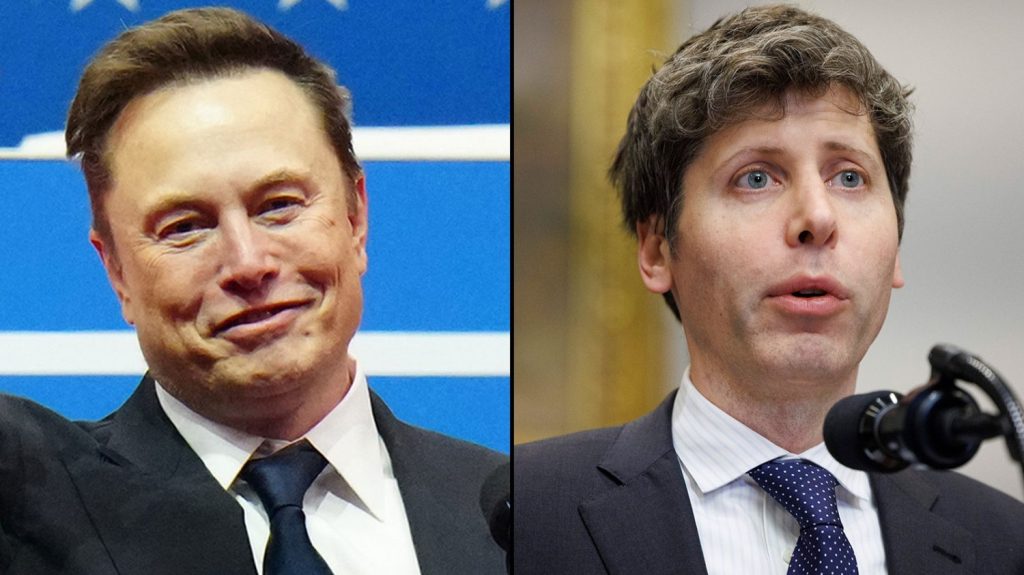
In a recent development that has stirred discussions across the tech and business worlds, Elon Musk has raised concerns about the financial backbone of the ambitious Stargate AI project. The initiative, which aims to revolutionize the United States’ artificial intelligence (AI) infrastructure, is a joint effort involving major players such as OpenAI, SoftBank, Oracle, and MGX. Despite its lofty $500 billion goal, Musk’s skepticism has cast a shadow on its financial transparency and feasibility.
The Stargate Initiative: A Bold Vision for AI
Unveiled on January 21, 2025, Stargate is positioned as a landmark project intended to solidify America’s leadership in AI. The venture aims to construct state-of-the-art data centers nationwide, with its initial phase focusing on ten facilities in Abilene, Texas. These centers are expected to provide the computational power needed for advanced AI research and development. The project also promises to create over 100,000 jobs and fuel economic growth across multiple states.
SoftBank, led by its visionary CEO Masayoshi Son, chairs the initiative and has committed to raising the majority of its $500 billion target by 2029. The initial investment of $100 billion is intended to kickstart the first phase of development.
Musk’s Doubts: A Spotlight on Funding
Elon Musk, the CEO of Tesla and founder of AI company xAI, publicly questioned the financial robustness of Stargate’s funding. According to Musk, SoftBank has secured less than $10 billion for the project, far from the ambitious figures outlined during its announcement.
Musk’s critique adds to a series of disputes between him and OpenAI CEO Sam Altman, stemming from their divergent visions for AI’s future. Musk, a former co-founder of OpenAI, left the organization to establish xAI, emphasizing a cautious and transparent approach to AI development.
Response from Stargate Proponents
Sam Altman was quick to address Musk’s concerns, defending the project’s financial health and broader goals. Altman invited Musk to visit the Texas construction sites, emphasizing the tangible progress being made. He underscored that Stargate is not just a corporate venture but a national effort to fortify the U.S.’s technological edge.
“What’s great for the country isn’t always what’s optimal for individual companies,” Altman stated, pointing to the broader societal benefits of Stargate.
Broader Implications of Musk’s Criticism
Musk’s public questioning of Stargate’s funding raises important issues about transparency and accountability in large-scale projects. While his concerns may challenge the initiative’s credibility, they also highlight the need for clear communication and robust financial planning in ventures of this magnitude.
The debate also underscores the ongoing rivalry between Musk and Altman, which continues to shape the narrative around AI’s development. Musk’s establishment of xAI and his critique of OpenAI’s trajectory reflect his broader apprehensions about the unchecked growth of AI technologies.
Moving Forward
As Stargate’s first phase unfolds, all eyes will be on SoftBank’s ability to mobilize resources and deliver on its promises. The project’s success could redefine America’s AI landscape and set a benchmark for international collaboration in tech infrastructure. However, the road ahead will require addressing concerns like those raised by Musk to ensure trust and support from stakeholders.
In an era where AI is reshaping industries and economies, projects like Stargate symbolize both the potential and the challenges of harnessing transformative technology. Whether Musk’s concerns prove valid or not, they underscore the importance of scrutiny in driving meaningful progress.


